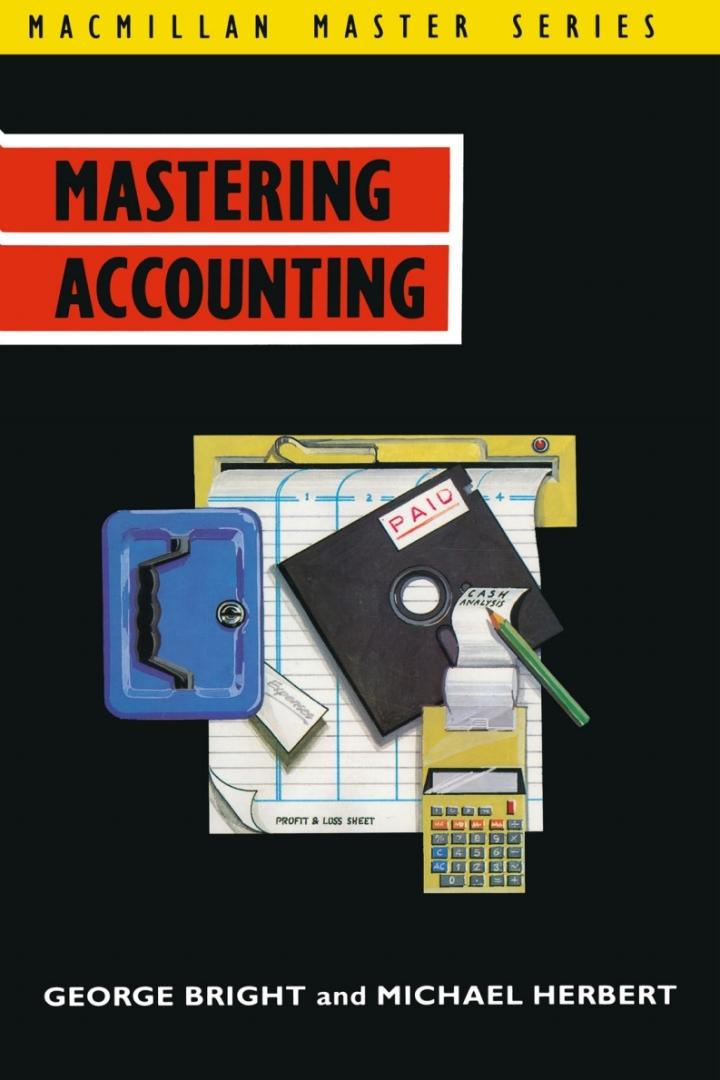Powa Electrics is a wholesaler which has Jim Hogg, a DIY retailer, as one of its customers.
Question:
Powa Electrics is a wholesaler which has Jim Hogg, a DIY retailer, as one of its customers. On 1 March, Jim owed £160 from the previous month.
The following transactions then took place. On 2 March, Powa Electrics supplied Jim with £170 worth of materials on credit. On 3 March, Jim returned materials worth £40 because they were not of the type he had ordered.
Show how the above would be recorded in the ledger of
(a) Powa Electrics and
(b) Jim Hogg.
Note: when you do this kind of exercise it is important to be absolutely clear from whose point of view you are considering the transaction. Begin by labelling clearly for
(a) Powa Electrics books. Then consider the transactions solely from this company's point of view. When you have done this put a new heading and consider the transactions from Jim Hogg's viewpoint.
All businesses will have to make payments for a number of benefits and services they receive but which do not directly provide an asset owned by the business. These are known as expenses. For example the owner may employ people to work for him. In return for their services he will pay them wages or salaries depending on their conditions of service. He will need to open an account to record the amount they are paid. This will be called the wages or salaries account. Of course some employees may be wage earners and others salaried. In this case the business will usually have two separate accounts.
Activity Make a list of some services required and expenses incurred by any business known to you.
Services required by different businesses will vary but many will be the same. Some of the most common are: the use of another's property, for which rent will be paid; use of local authority services such as refuse collection for which rates will be paid; the use of the Royal Mail, for which postage will be paid; and the use of a loan from someone else, on which interest will be paid. Each of these will be given its own account with a name which concisely explains its jUnction. Accounts for the above services would be entitled 'rent', 'rates', 'postage' and 'interest on loan'.
Other expenses you might have mentioned include: lighting and heating, advertising, repairs, insurance, telephone, carriage inwards (the delivery charge on goods coming into the firm, i.e. purchases) and carriage outwards (the delivery charge paid to have goods going out of the rum, i.e. sales).
The actual name given sometimes varies. For example, 'electricity account' may be prefe"ed to 'lighting and heating account'. Some firms join similar expenses together such as rent and rates or postage and telephone.
Small items may be put together under the heading 'sundry expenses', particularly if they do not occur often.
You may be able to work out what sort of entry will be needed in an expense account. Assume that a businessman who rents his premises makes his payments in cash. What sort of entry will he make in his cash account? Credit is the correct answer because this reduces the value of an asset. Each time the rent is paid, cash is reduced.
What sort of entry must be made, therefore, in the rent account? The answer must be debit because each transaction needs a debit and a credit entry. This does not give a reasoned expanation, but of course there is one.
Expenses have been defined earlier as payments for services that do not directly provide an asset owned by the business. These services are advantages to the business, however, and very similar to assets in that respect.
Therefore the rules for their entry are the same as for assets - a debit entry to record an increase and a credit entry to record a reduction in its own account. In the above example, each time the rent is paid the total amount paid is increased and therefore a debit entry is needed in the rent account.
We can summarise the rules for making entries in expense accounts as follows:
Debit Any expense account Credit Increase of the expense Decrease of the expense The double entry will normally be completed by an entry in the cash or bank account. There are three main exceptions to this.LO.1
Step by Step Answer:






